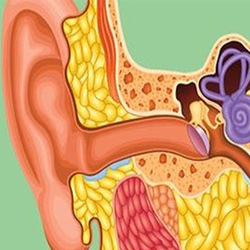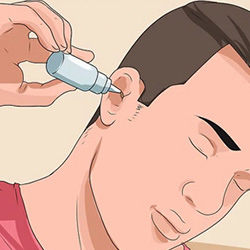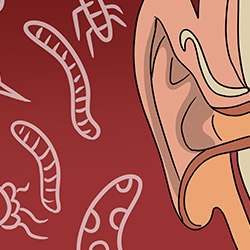Understanding Tinnitus: Why You Should Pay Attention to Ear Ringing
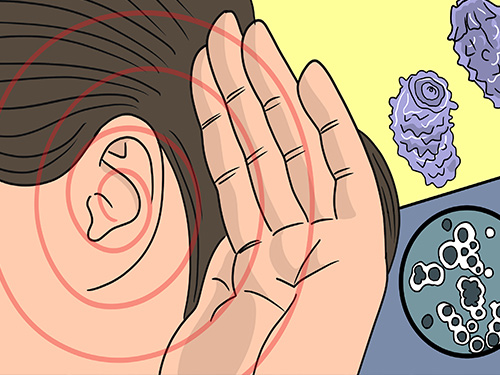 Tinnitus is a condition, in which internal noise can be constant or appear sporadically, either in one or in both ears. These sounds can vary in frequency and may occur intermittently or continuously in one or both ears, ranging from low to high pitches.
Tinnitus is a condition, in which internal noise can be constant or appear sporadically, either in one or in both ears. These sounds can vary in frequency and may occur intermittently or continuously in one or both ears, ranging from low to high pitches.
Common sounds associated with tinnitus include clicking, whistling, hissing, chirping, roaring, screeching, pulsing, static, buzzing, whooshing, and snapping.
For many, there is no definitive cure for tinnitus. Most individuals learn to adapt, becoming accustomed to the sounds and managing to ignore them. Often, simply not focusing on the noise can provide some relief.
However, various treatments can help address and help with tinnitus alongside issues like insomnia, hearing difficulties, anxiety, depression, and social isolation. Addressing these related concerns can significantly improve a person's quality of life.
Sound therapy is one approach that uses external noises to mask the perception of tinnitus. This may involve playing soft background music, white noise, or specific sound maskers that help distract from the ringing.
It’s essential for the masking sound to be pleasant to the individual. While these devices can offer temporary relief, the perception of tinnitus usually returns once the sound therapy ends.
Hearing aids can amplify surrounding sounds, redirecting attention away from the tinnitus.
Tinnitus retraining therapy (TRT) focuses on reconditioning the auditory system to perceive the sounds of tinnitus as normal rather than disruptive.
Professional guidance is necessary to operate devices that emit low-level white noise effectively. Counseling sessions can also support individuals in coping with their tinnitus.
Cognitive behavioral therapy (CBT) can aid those experiencing depression linked to tinnitus, even if it does not significantly diminish the sound itself.
A balanced diet, adequate sleep, minimizing smoking and alcohol intake, managing stress, engaging in outdoor activities, and practicing relaxation techniques can contribute to overall well-being. However, it is important to note that once damage occurs, it cannot be undone.
If you experience tinnitus, it is advisable to consult a doctor for an evaluation to identify the underlying cause.
Are you hearing persistent noises accompanied by dizziness or hearing loss? Do you experience any pain or jaw clicking? Have you been exposed to loud sounds, such as at a concert or from explosions? Have you recently suffered an illness or injury?
One of the primary causes of tinnitus is damage to the delicate sensory hair cells in the cochlea of the inner ear.
If tinnitus is caused by an obstruction, such as earwax, removing the blockage often resolves the issue.
Tinnitus that resembles a heartbeat can be more concerning, potentially indicating an abnormal growth in the ear, such as a tumor, or an unusual connection between an artery and a vein.
Medical professionals recommend screening infants for tinnitus and assessing their sensitivity to loud noises early on, as these can be early indicators of future hearing loss.
Factors such as exposure to loud music through headphones, cinematic experiences, accidents, workplace noise, concerts, explosions, as well as excessive smoking and drinking, can all contribute to tinnitus and, eventually, hearing loss, influenced by factors like age, gender, and living conditions.

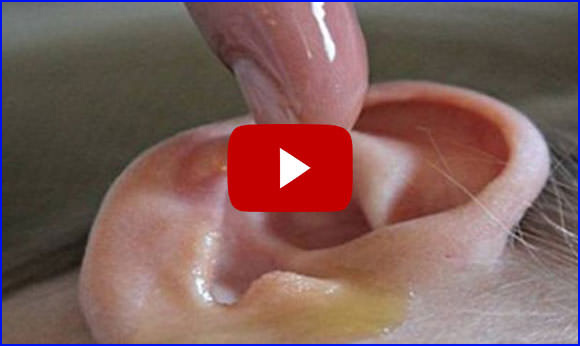
 Tinnitus is a condition, in which internal noise can be constant or appear sporadically, either in one or in both ears. These sounds can vary in frequency and may occur intermittently or continuously in one or both ears, ranging from low to high pitches.
Tinnitus is a condition, in which internal noise can be constant or appear sporadically, either in one or in both ears. These sounds can vary in frequency and may occur intermittently or continuously in one or both ears, ranging from low to high pitches.